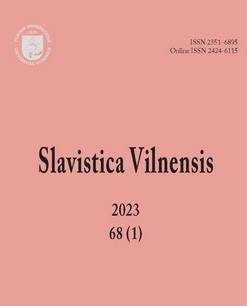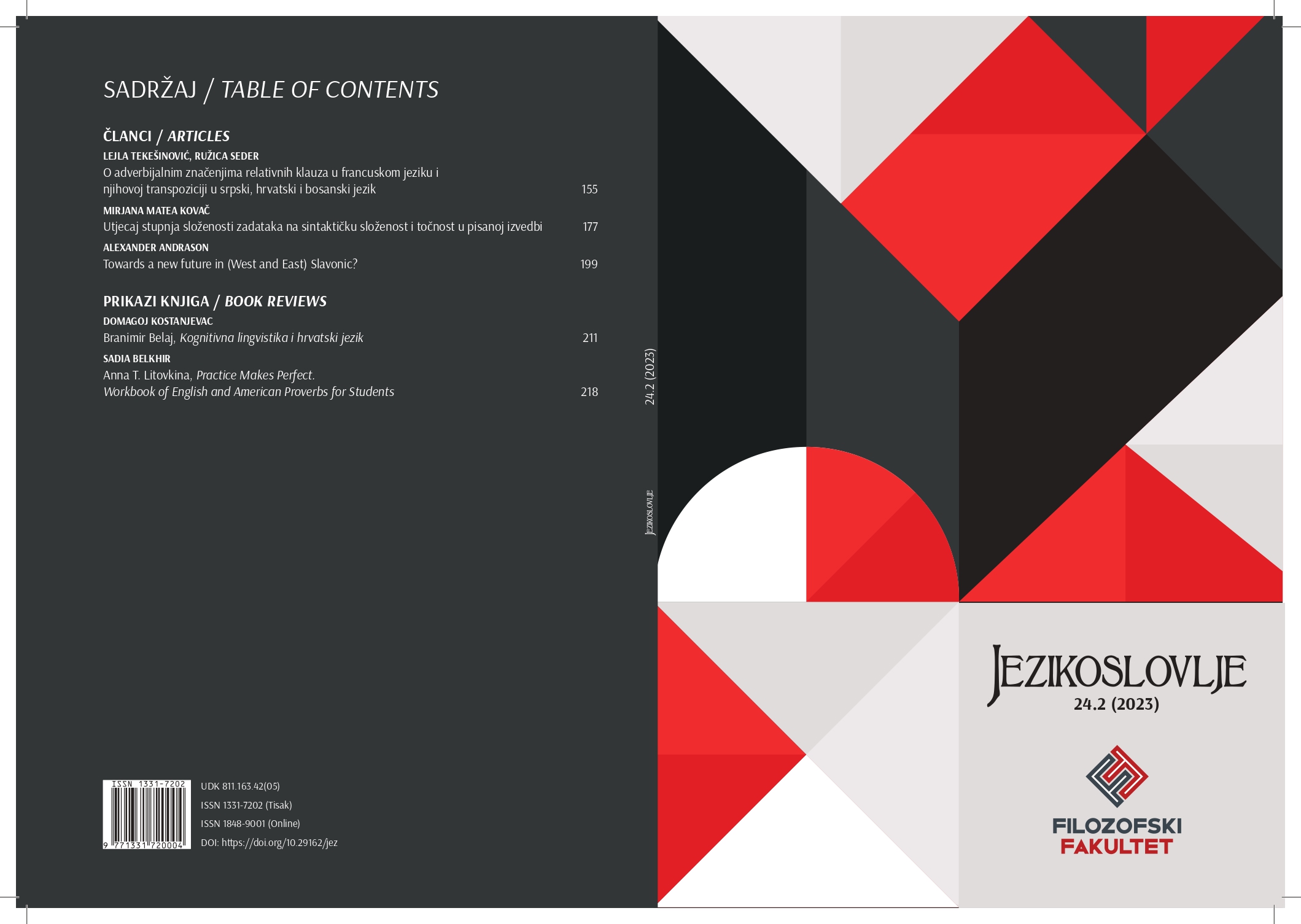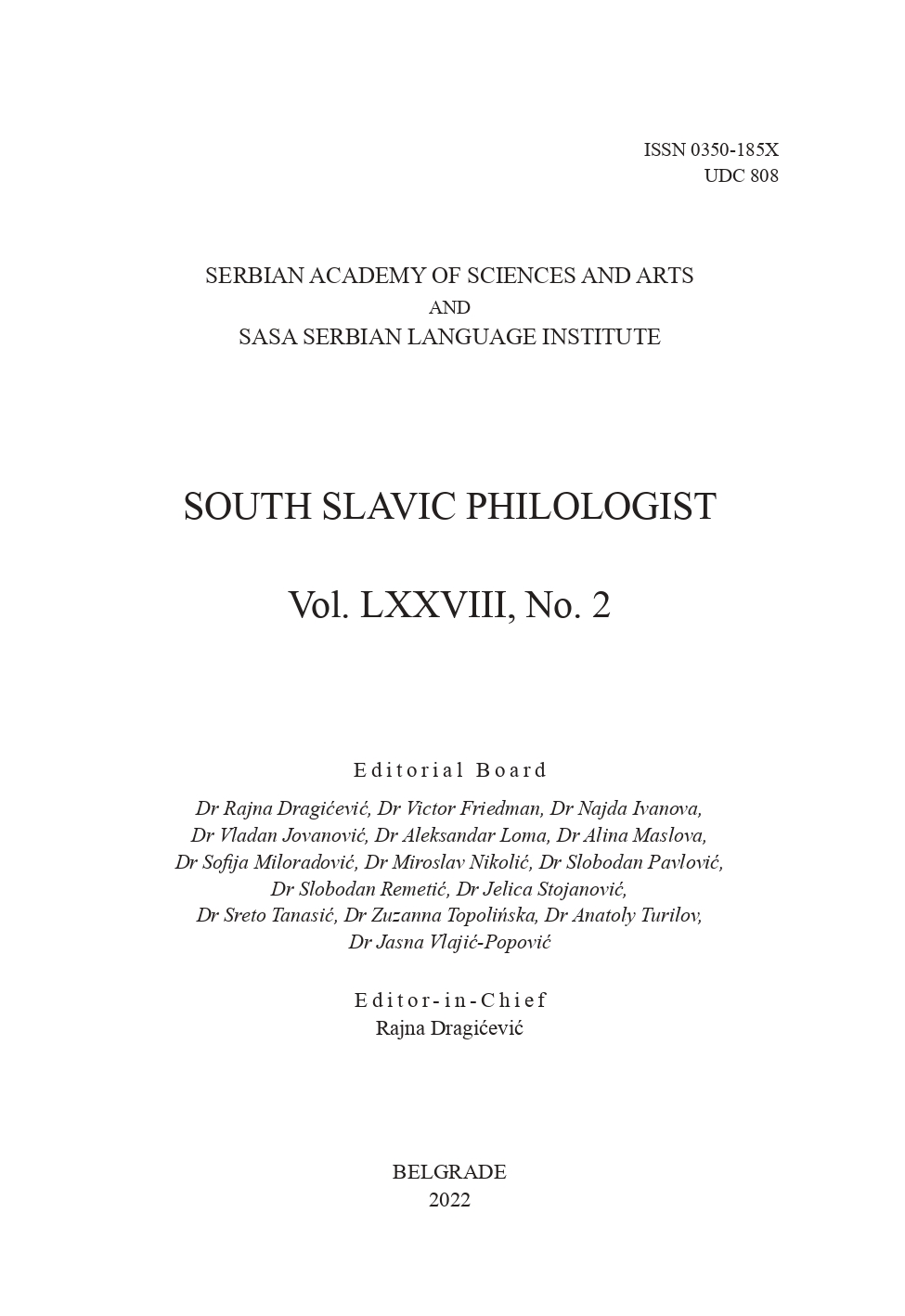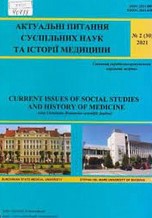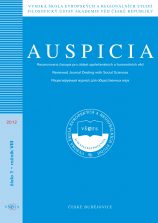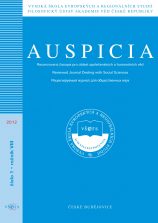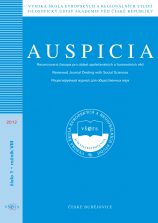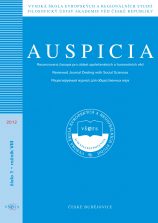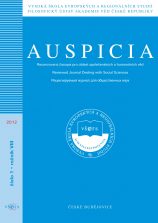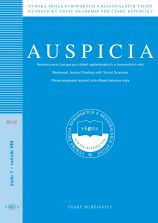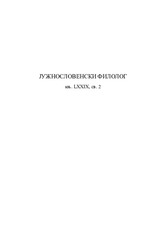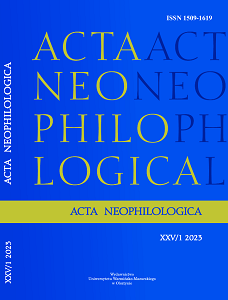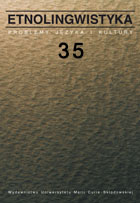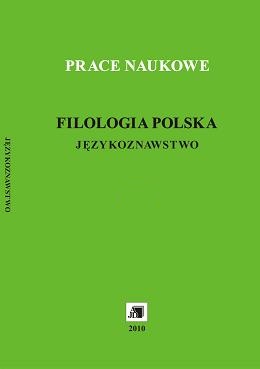
Teolingwistyka polska w kontekście teolingwistyki słowiańskiej
The origin of linguistic as a science is obviously connected with religion, while the first linguistic works were prepared for the church. However, theolinguistics as a subdiscipline of linguistics was mentioned for the first time in the last quarter of the 20th century in J.-P. Noppen works (Noppen 1976; 1981). The institutionalisation of Slavonic theolinguistics began in the beginning of the 21st century (Kucharska-Dreiβ 2004). One has to mention the undoubtful contribution of Polish of Polish scholars, who have not only transplanted the term “theolinguistics” into Slavonic humanities, but also modified and enriched this branch of linguistics with their numerous works and new research topics (Kucharska-Dreiß 2004; Greule, Kucharska-Dreiß, Makuchowska 2005). Theolinguistics is an important part of linguistic research also in Russia, Serbia and Ukraine (see for details: Гадомский 2010; 2013, 45–70; Грковић-Мејџор, Кончаревић 2013 and others). Nowadays Polish, Russian, Ukrainian and Serbian linguists intensively analyse the essential topics of theolinguistics. Some of them will be described in the article. 1. Theolinguistics as a part of linguistics. Methodological questions of the subdiscipline. 2. History of theolinguistic studies. 3. Main approaches in the research on the language of religion: – the language of religion as a system (the “code” approach); – stylistic approach to the research of the language of religion; – genological research on the language of religion. 4. Didactical questions of theolinguistics. The list of theolinguistic branches and studies in the contemporary Polish, Russian, Serbian and Ukrainian linguistics is still open and can be enriched. Each of the above mentioned research topics focuses on the specificity of the language of religion. However, in some situations it is impossible to talk about clear approaches, while various scholars use differentiated methods and many analyses are of mixed or complex character. It is fully acceptable, because all of these approaches are a part of theolinguistics. Thus, more detailed analysis of the given issue as well as more detailed analysis of each of the theolinguistic approaches, shall help the researchers to clarify most of the theolinguistic problems.
More...
